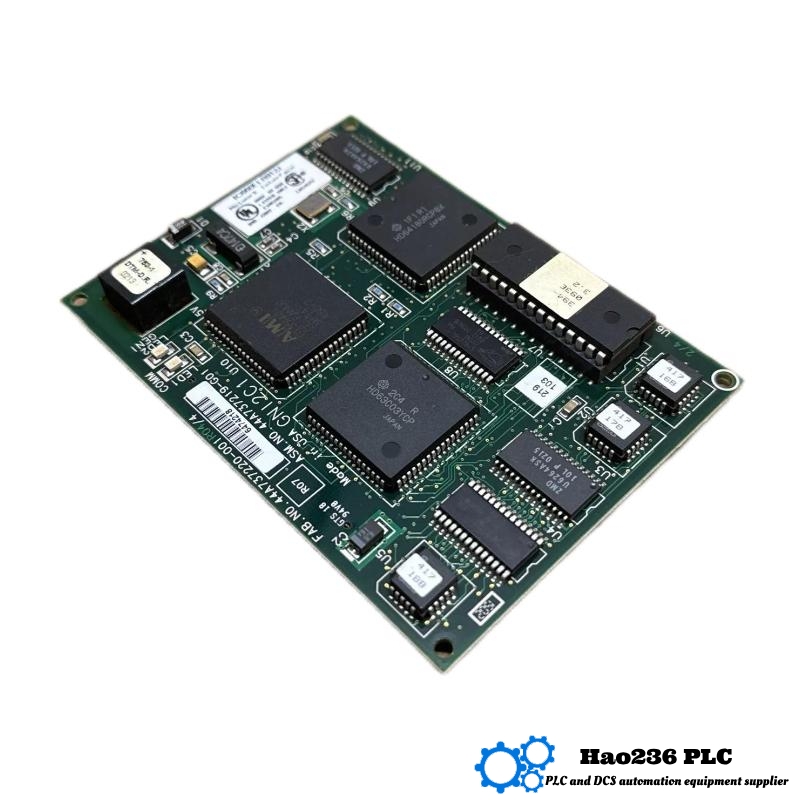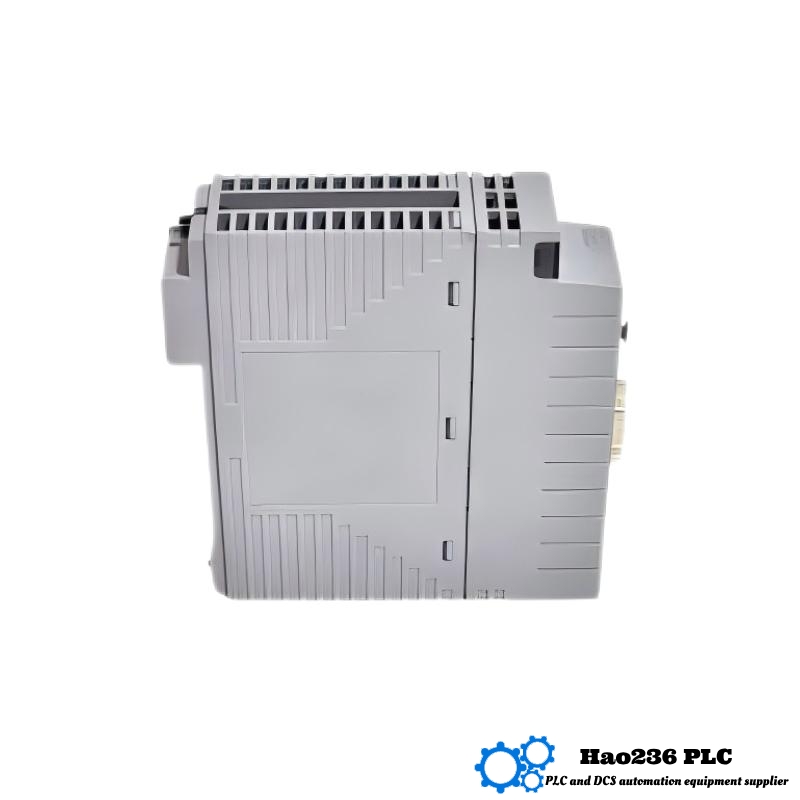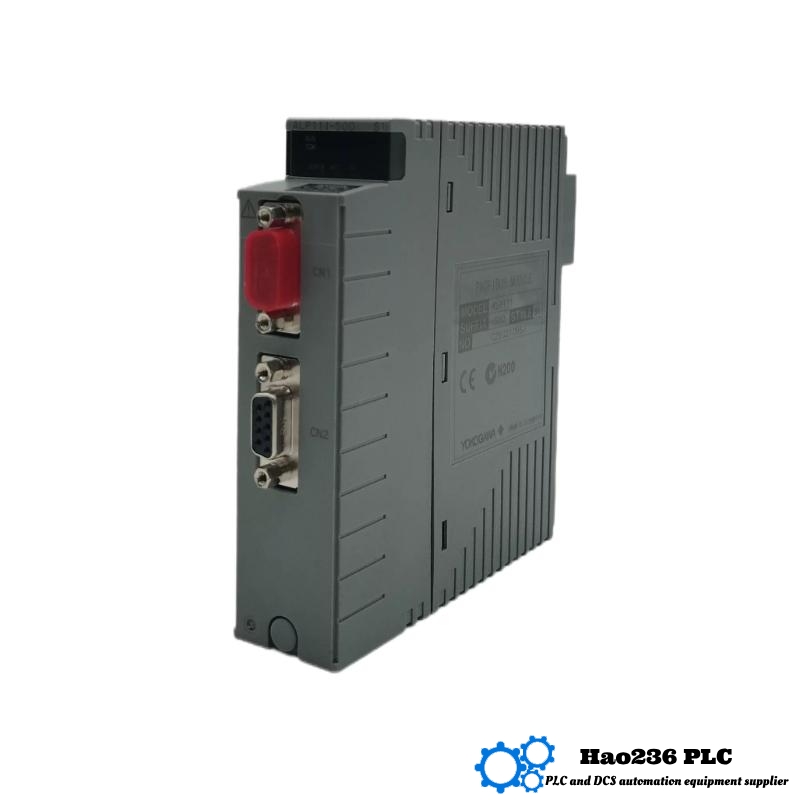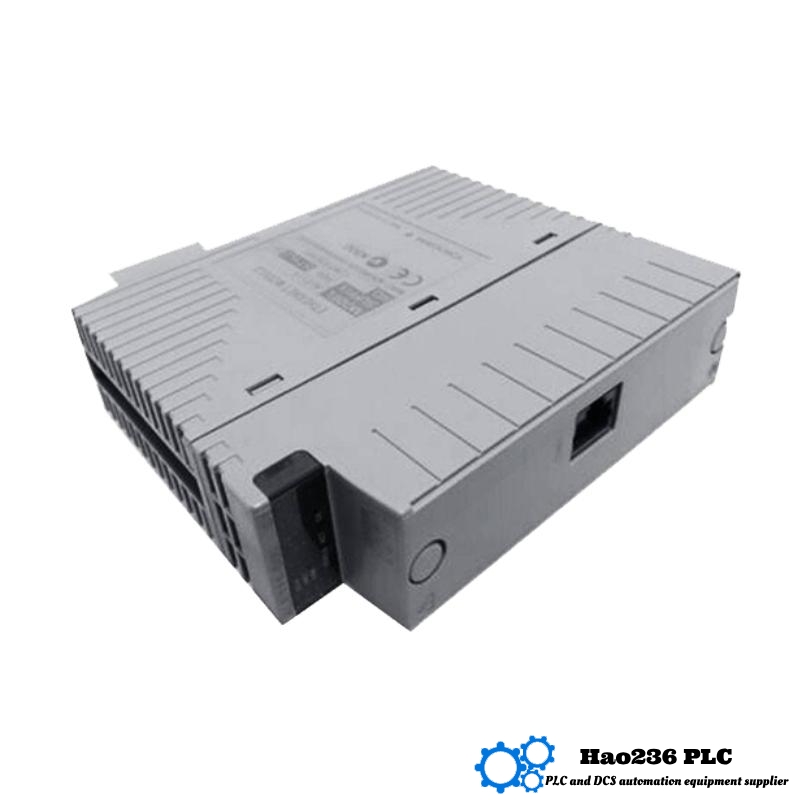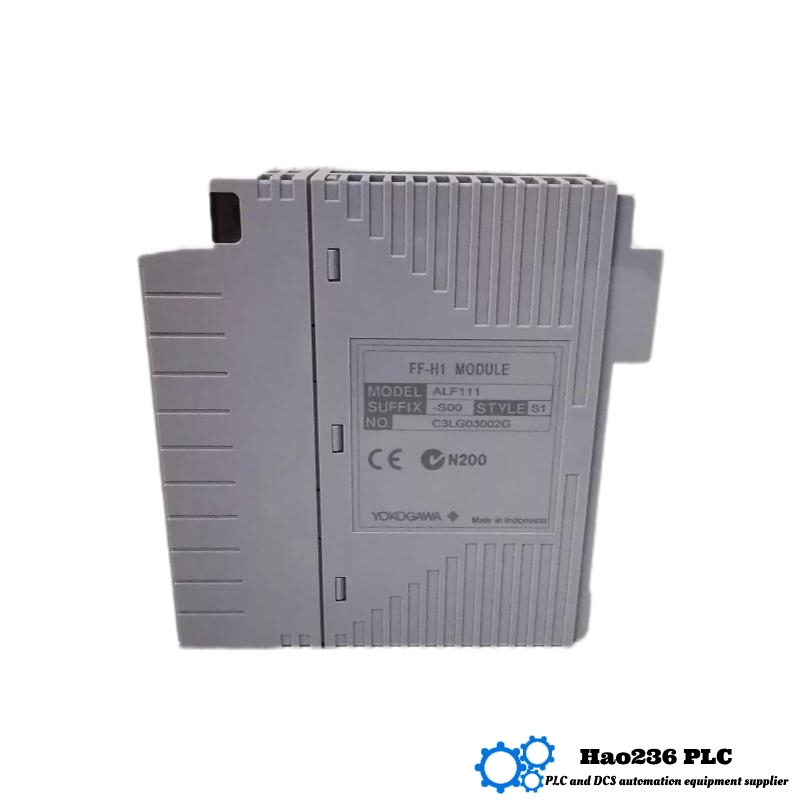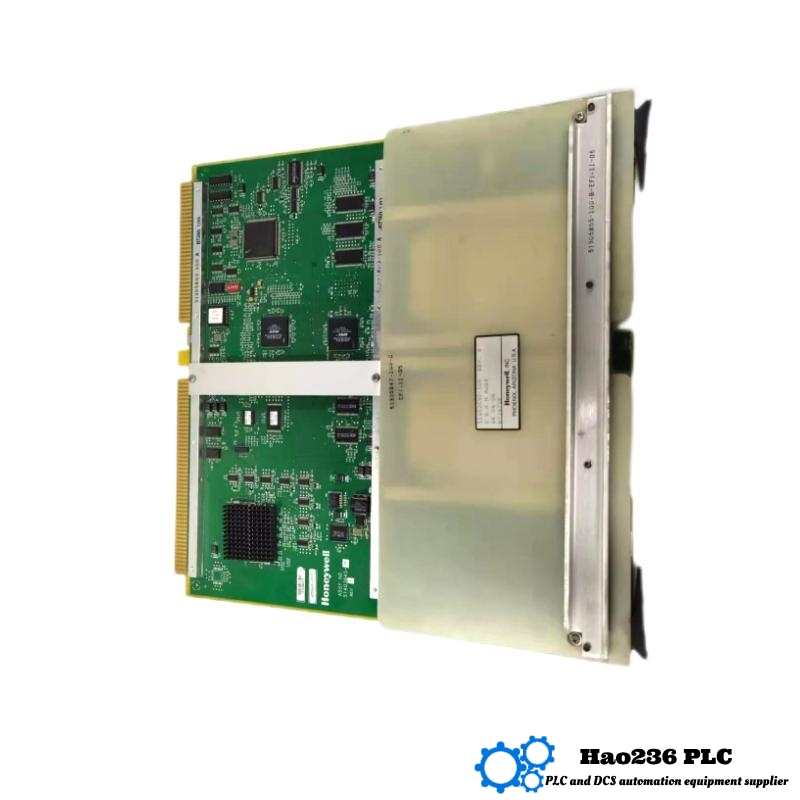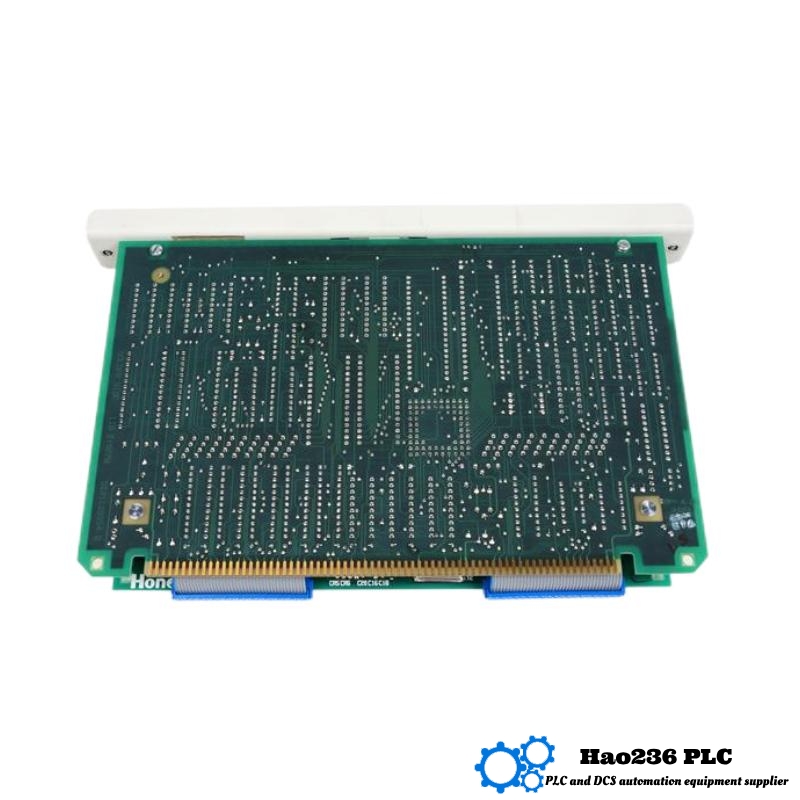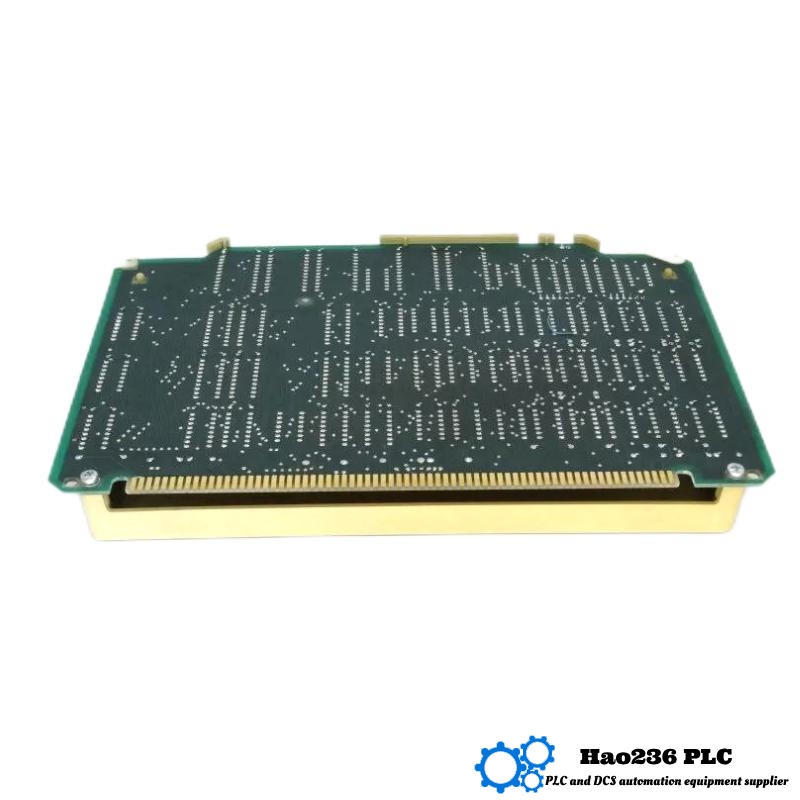NewsNEWCENTER
Featured products
Contact Us
The purpose and introduction of industrial computers
2025-03-19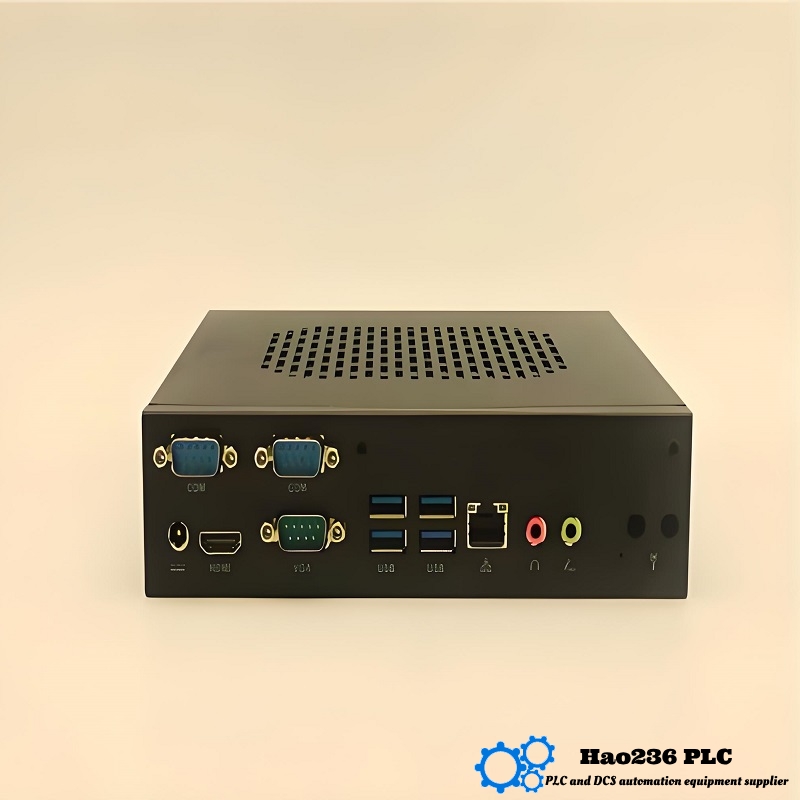
In the process of industrial automation, industrial computers play an extremely critical role. It is like the “smart brain” of the industrial system, efficiently handling various complex tasks and providing a solid guarantee for the stable operation of industrial production. Next, let us take a deeper look at the uses of industrial computers and their related characteristics.
1. Definition and basic concepts of industrial computers
Industrial computers, or industrial control computers, are computers designed specifically for industrial environments. Unlike ordinary computers, they need to have higher stability, reliability and anti-interference capabilities to adapt to harsh industrial production environments, such as high temperature, high humidity, and strong electromagnetic interference. Industrial computers can monitor, control, collect data and process industrial equipment and production processes, and are the core components of industrial automation systems.
2. Hardware composition of industrial computers
Motherboard: It uses an industrial-grade motherboard with a wealth of expansion slots and interfaces, such as PCI, PCI-Express, RS232, RS485, USB, etc., which is convenient for connecting various industrial equipment and external sensors to ensure stable data transmission. Its stability and durability far exceed ordinary motherboards, and it can maintain good performance during long-term operation.
Processor: processors with different performance can be selected according to different application requirements. From entry-level low-power processors to high-performance multi-core processors, they can meet different computing requirements in industrial scenarios. For example, in simple data acquisition and equipment monitoring tasks, low-power processors can do the job; while in complex industrial automation control and data analysis and processing, high-performance multi-core processors are required to ensure the efficient operation of the system.
Storage device: industrial-grade solid-state drives (SSDs) or mechanical hard disks (HDDs) are usually used. Industrial-grade storage devices have better shock and impact resistance, and can stably store data in harsh industrial environments to prevent data loss. At the same time, some industrial computers also support redundant storage to further improve data security.
Power supply: equipped with industrial-specific power supply, with high stability and wide voltage input range, can effectively deal with the problem of large voltage fluctuations in industrial sites, and ensure that the industrial computer works normally under various voltage conditions. In addition, the power supply also has overvoltage, overcurrent, short-circuit protection and other functions, which improves the reliability of the system.
3. Characteristics of industrial computers
High reliability: After strict quality inspection and aging test, it adopts high-quality electronic components and sturdy shell design, which can operate stably for a long time in harsh industrial environment, reduce downtime caused by failures, and improve production efficiency.
Strong anti-interference ability: Through special circuit design and shielding technology, it can effectively resist adverse factors such as electromagnetic interference, vibration, dust and humidity in industrial sites, and ensure the accuracy of data transmission and the normal operation of the system.
Rich scalability: It has a variety of expansion slots and interfaces, which is convenient for users to expand functions according to actual needs, such as adding data acquisition cards, communication cards, motion control cards, etc., to meet the needs of different industrial application scenarios.
Flexible customization: It can be customized according to the special needs of different industries, including hardware configuration, software functions, external dimensions, etc., so that it can better adapt to specific industrial production environments and process flows.
4. Application scenarios of industrial computers
Industrial automation: In the automated production line of the factory, industrial computers are used to control the operation of various mechanical equipment, such as robot arms, automated assembly lines, CNC machine tools, etc. By collecting and processing the operation data of the equipment in real time, the production process can be precisely controlled, and the production efficiency and product quality can be improved.
Intelligent transportation: In the intelligent transportation system, industrial computers are used in traffic monitoring, vehicle scheduling, intelligent parking management and other aspects. For example, by connecting cameras, sensors and other equipment, information such as traffic flow and vehicle location can be collected in real time to achieve intelligent control of traffic signals and optimal scheduling of vehicles.
Energy monitoring and management: In energy industries such as electricity, oil, and natural gas, industrial computers are used to monitor and manage the energy production, transmission, and distribution process. Real-time monitoring of the operating status of energy equipment, remote control and fault diagnosis, improve energy utilization efficiency, and ensure the stability of energy supply.
Medical equipment: In the medical field, industrial computers are used in medical imaging equipment, monitors, surgical robots and other medical equipment. Responsible for equipment control, data processing and image display, provide accurate data support for medical diagnosis and treatment, and improve the intelligence level of medical equipment.
Intelligent building: In the intelligent building system, industrial computers are used in building automation control, security monitoring, energy management and other aspects. By connecting various sensors and actuators, centralized control and management of lighting, air conditioning, elevators, access control and other equipment in buildings can be achieved, improving the intelligence and energy efficiency of buildings.
With its excellent performance and wide application scenarios, industrial computers have become an indispensable key equipment in modern industrial production. With the continuous development of Industry 4.0 and intelligent manufacturing, the functions and performance of industrial computers will continue to improve, playing a more important role in promoting industrial automation and intelligentization. Whether it is a large industrial enterprise or a small production workshop, industrial computers can provide them with efficient and reliable automation solutions, helping enterprises gain advantages in the fierce market competition.

